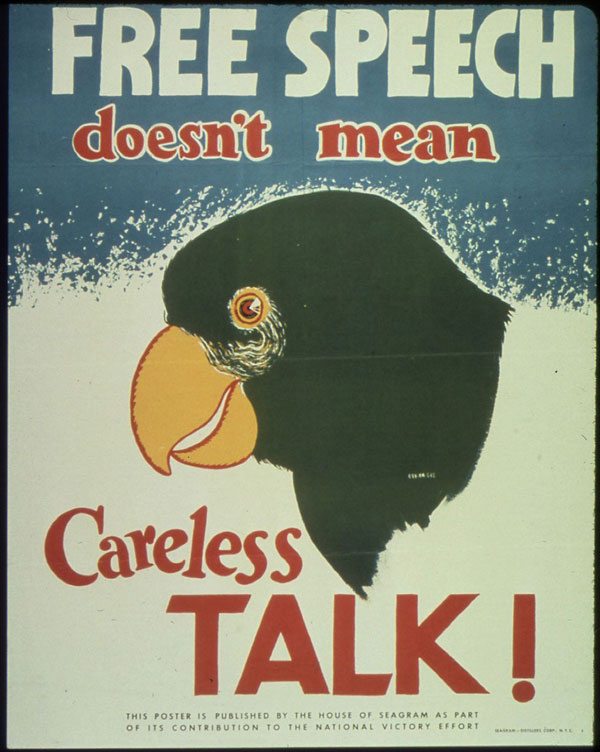
February 16, 2018; The Nation
Our freedoms of speech and association let us call out the wrongs we see in our society. Acts of social protest have been central to our nation’s democratic life and remain an important tool for the powerless to make their voices heard. Social action and mass protests made the economic gains of organized labor and the fall of government-sanctioned segregation possible. Recently, at Standing Rock in the Dakotas, the need to protect cultural rights and the environment moved residents to action. And, just this week, busloads of students, teachers, and parents rode long hours to reach state capitals to demand that gun laws be changed. Others held vigils and community meetings, or just displayed protest signs.
As significant as this history may be, challenges to the right to protest have the potential to take this tool away from those who most need it. State governments across the nation are considering legislation that will make it harder to protest, even criminalizing tactics that have been part of our democratic legacy. A recent article in the Nation describes a “conservative backlash to direct action—a backlash that resulted in a wave of legislation introduced in states across the United States. Overall, according to the International Center for Not-for-Profit Law, lawmakers in 30 states have introduced 56 bills to restrict public protest since Trump’s election.”
According to Vera Eidelman, a fellow with the ACLU’s Speech, Privacy, and Technology Project, “What we saw in the last legislative session was a surprising and unusual surge in anti-protest legislation, which went after those fundamental rights to go outside, speak out, dissent.”
While the specific legislation introduced varies from state to state, they share the intent of limiting the scope and impact of those who rise to protest and ask for change.
Sign up for our free newsletters
Subscribe to NPQ's newsletters to have our top stories delivered directly to your inbox.
By signing up, you agree to our privacy policy and terms of use, and to receive messages from NPQ and our partners.
The South Dakota legislature passed a measure…that allows the governor or local sheriffs to ban groups of 20 or more people from public land and schools. Lawmakers in Mississippi proposed a bill to make obstructing traffic a felony punishable by five years in prison and a $10,000 fine. A Republican senator in Oregon introduced a bill requiring public universities and colleges to expel students convicted of rioting. Lawmakers in half a dozen states—North Dakota, North Carolina, Florida, Tennessee, Texas, and Rhode Island—introduced legislation to protect some drivers who “unintentionally” hit protesters with their cars. In Washington State, a Republican state senator…reintroduced a bill adding a mandatory minimum sentence of 60 days to any crime that “cause[s] economic disruption,” such as blocking traffic or railways.
Beyond state law, efforts to quell the voice of protest have risen in the management of our institutions. Students moved by the recent horror of their peers being shot down face the same backlash. In a letter to his school community, the superintendent of the Needville School District in Texas said that if students choose to peacefully walk out of school and gather in protest, “they will be suspended from school for 3 days and face all the consequences that come along with an out of school suspension.… Life is about choices…every choice has a consequence whether it be positive or negative. We will discipline no matter if it is one, fifty, or five hundred students involved.”
Identifying protesting with criminal, even terrorist, behavior is a tactic often used to justify limits to protest rights. According to the Nation, the Department of Homeland Security has called environmental protestors “extremists,” and the FBI “recently issued an internal report warning that ‘black identity extremists’—a novel term—motivated by racial injustice pose a violent threat to law-enforcement officers. Civil liberties experts worry these labels will be used to justify further surveillance of activists.”
New laws and more heated and threatening language make speaking out more difficult. They will further weaken those who already have little power. In an age when money has become a potent force in electoral and legislative politics, protest is a currency that can be spent by “the 99 percent.” Take it away, and the scales become even more unbalanced.—Martin Levine












